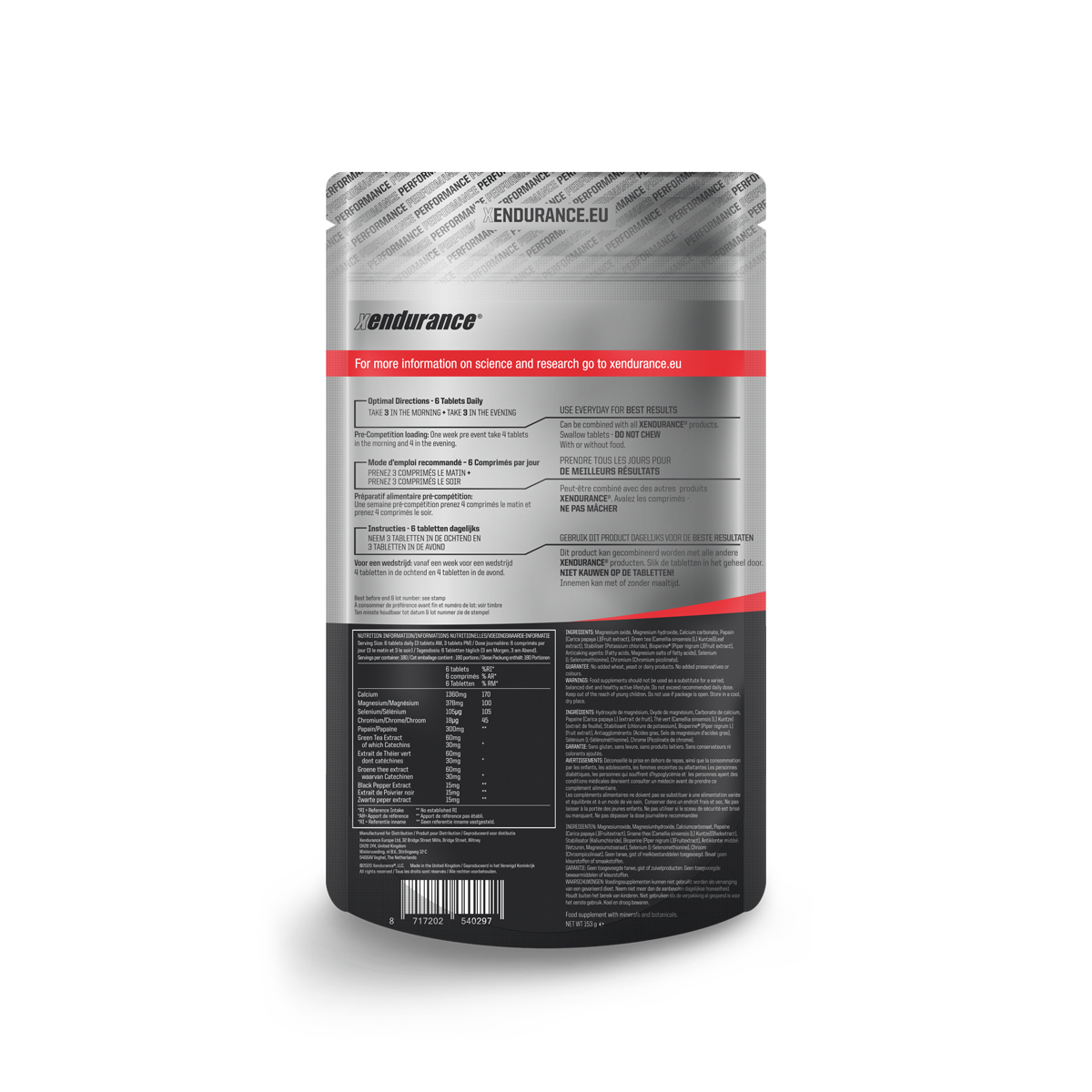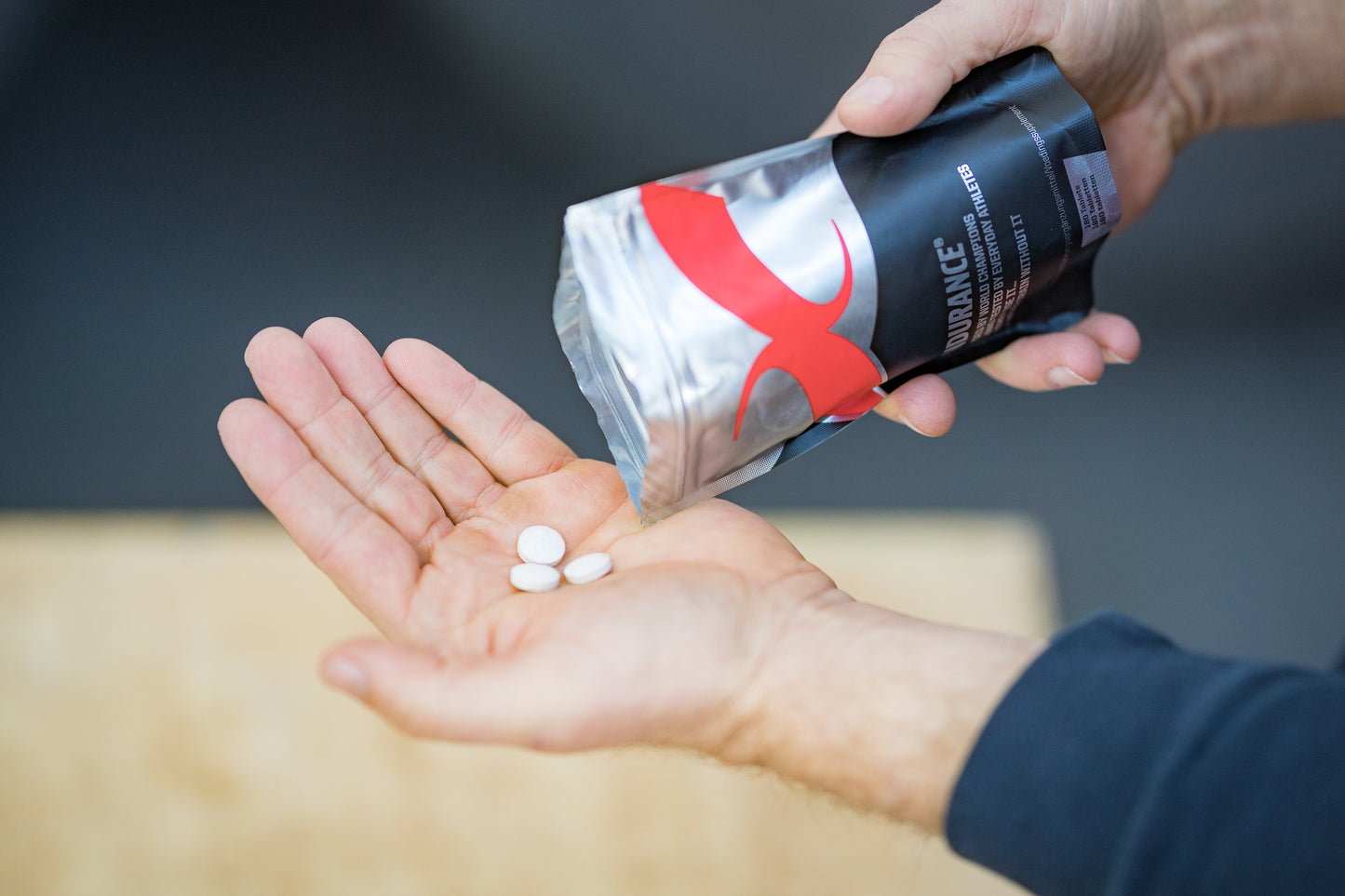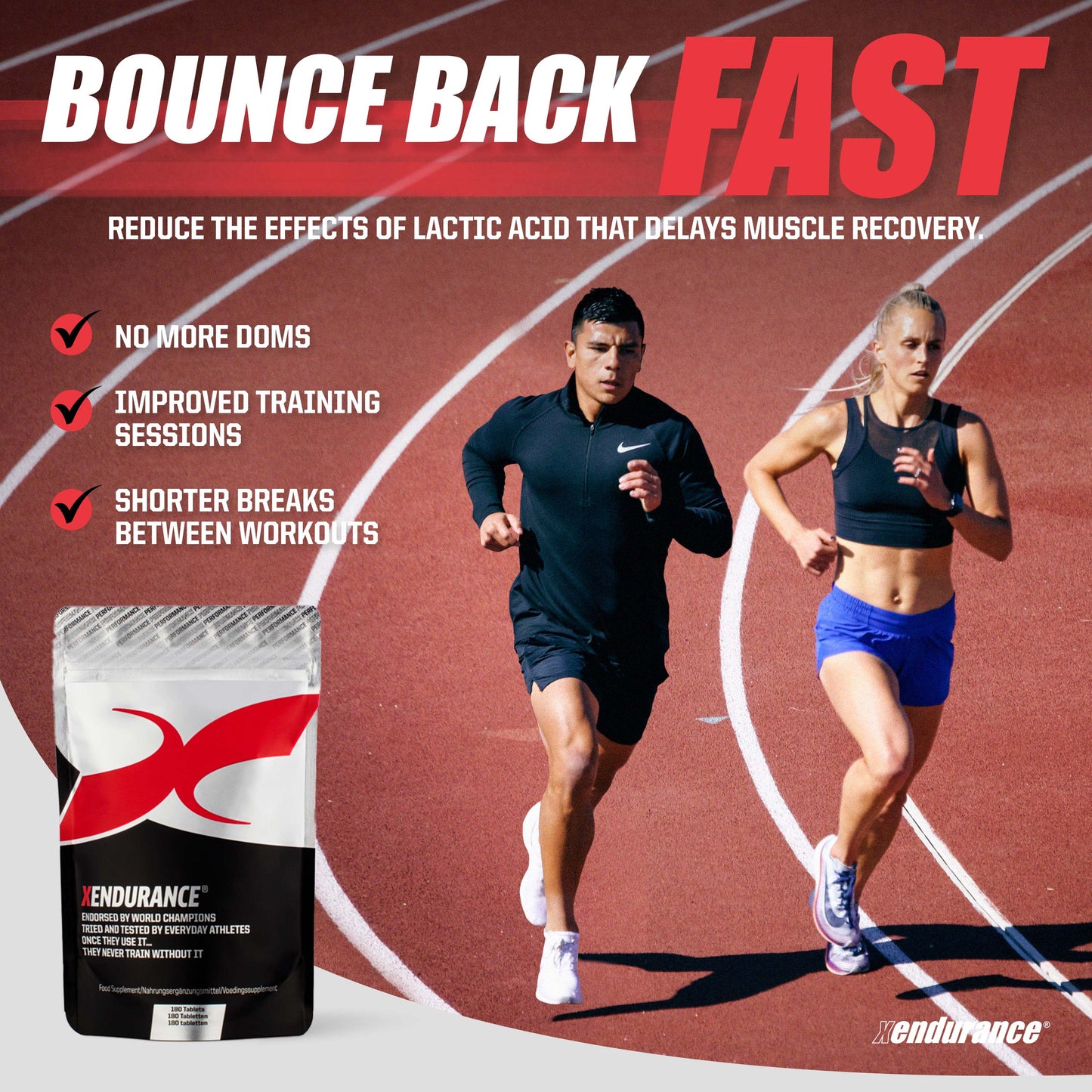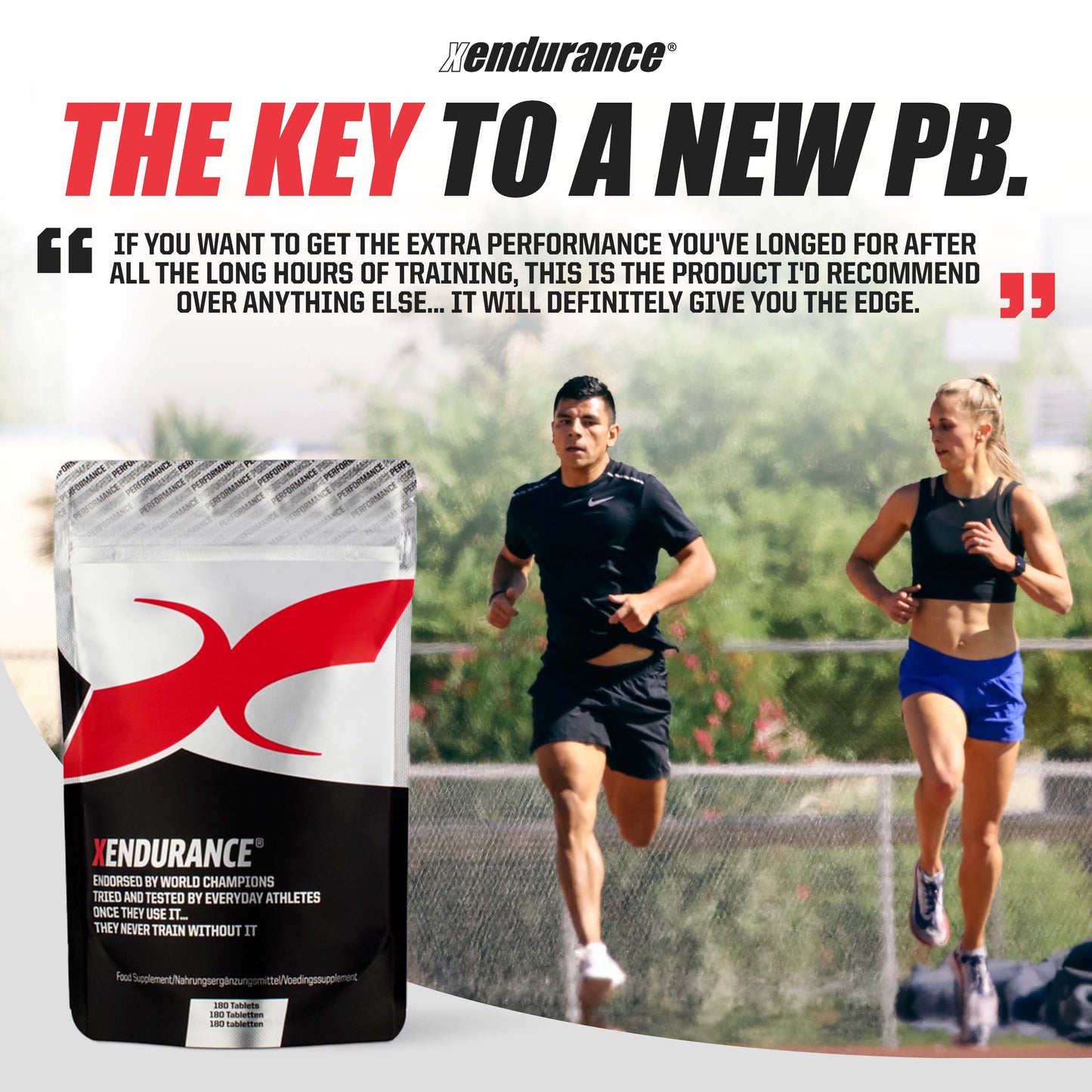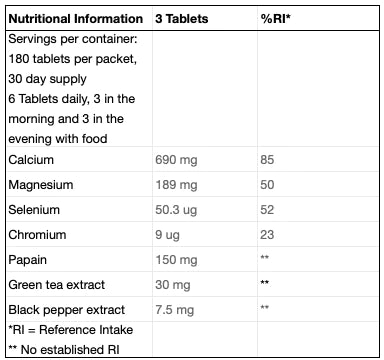Share
Nutrition Demands of the Marathon
Many marathon times are 3 hours or longer. This means your carbohydrate stores are going to be exhausted; making you feel fatigued, dizzy and emotional. This is sometimes called ‘The wall’. Your pace becomes a shuffle as your body becomes reliant on fat metabolism. A very slow way of producing energy. ‘The Wall’ is a nutritional issue and is entirely preventable with training and preparation.
How to Prevent ‘The Wall’?
Maximise your carbohydrate stores before the event. The best way to do this is carbohydrate loading.
Guidelines for carbohydrate loading are 8 – 12g of carbohydrate per kilo of body weight for up to 4 days before the event. If you are 70kg this means 560 – 840g of carbohydrate a day. Equivalent to 3kg of white rice. The easiest way to achieve this intake is with highly refined, high sugar foods. In addition swap all drinks to high sugar drinks like juice and non-alcoholic beers.
The night before
If you don’t fancy carb loading, increasing the carbs you eat will improve your performance. Your brain can sense when you carb stores are full and will make you feel more energised!
The minimum is a high carb meal the night before. Aim for at least 4g of carbs per kilo of body weight. Choose a carb you know you can digest well. Many people find potatoes or rice the easiest to digest. If you are 70kg the recommended carb portion is 700g of white rice. This can be reduced by including a non-alcoholic beer (equivalent to 100g of rice) or a 250ml glass of fruit juice (also equivalent to 100g of rice).
The morning of
Aim for 2 – 3g of carbohydrate per kilo of body weight. Again, choose a form you know suits your digestion. Some people find wheat based carbs are not absorbed very well. Some good examples are porridge, bagels, toast, cereal, rice pudding. Include fruit juices, if needed, to get carbohydrate in easily.
Experiment with this breakfast in your training to find the best time for you to eat and what carb sources suit you. For example, if you are 70kg to get 140g of carbohydrate you’ll need a 300g bowl of porridge.
Beware: Milk does contain carbohydrate, but is the wrong sort of carbohydrate. Milk contain lactose, which is not as easily or quickly absorbed as other carbohydrate sources. There is no issue having milk with your breakfast, but do not rely on milk as your sole carbohydrate source.
Fuelling during
A popular misbelief is you don’t need to eat in the first hour. This is incorrect. Your carbohydrate stores are always going down. True, you won’t feel any effects in the first hour, but this misses an opportunity to be topping up your stores. Look at the diagram below. If you begin eating earlier, you can extend your carbohydrate stores for much longer. Carbohydrate stores tell your brain when you are tired and enable you to keep a high work rate and higher pace.
Everyone’s race nutrition strategy will be slightly different.
A suggested strategy is:
- Eat every 15 minutes
- Eat 1g of carbs per kilo of body weight each hour
For example if you weigh 70kg you want to eat 70g of carbs an hour. Split between 15 minutes this is 15 – 20g portions each time.
Carbs are not equal
What sugars should you be eating? Are sports supplements necessary? Below is a diagram of different sugars. Glucose is the most easily absorbed. With gut training you can absorb 60g an hour. Beyond 60g your intestines struggle to absorb more; the sugar sits in your intestines, causing stomach symptoms.
If you weigh more than 60kg and need more than 60g of carb an hour, use another sugar. You can absorb up to 30g of fructose an hour. Fructose is slower release than glucose which can give more sustained energy.
Sports Nutrition Products
Sports nutrition specific products are frequently designed to deliver glucose and fructose in the correct ratios. But do check the packaging. You also want to avoid fat and fibre during the event. These slow down digestion and sit in your stomach for a long time. These will definitely cause stomach problems. During training look at the contents of different nutritional products and experiment with what works best for you.
Hydration
During the event you will be sweating. As you sweat you lose water from your blood. Like reducing a gravy on the hob, as you lose water from your blood it becomes thicker and more viscous. This makes it harder for your heart to pump around your body and results in worse performance.
The solution: replace water lost in sweat. In training, weigh yourself before an hour run and weigh yourself after. The weight you have lost is sweat and you need to be drinking this amount of fluid per hour in your run. You’ll also need to account for anything you ate or drank during the run. Environmental conditions influence your sweat rate, so it’s best to do this test in similar conditions to your event.
Sweat also contains salt and this needs replacing. Salt is needed for nerves to send signals to your muscles for continued contractions. The saltiness of sweat is highly individual and some companies do offer sweat salt tests. A rule of thumb is you lose 1g of sodium per litre of sweat. As a result, include 1g of sodium per litre of drink. This is equivalent to half a teaspoon of table salt.
If your sweat rate is higher than you are able to drink during, you may want to look at methods to keep cooler. Lighter, more breathable clothing is the first thing to look at. There are other methods of cooling, like eating ice before the event to keep you cool through the event.
Ergogenic Aids
Finally there are some performance enhancers you can use on race day. Caffeine is the most common. The suggested dose are 3 – 6mg per kilo of body weight. Some people can use less and get effects if they normally don’t have any caffeine. My favourite to have caffeine is in a chewing gum 15 minutes before the event. I find this has less chance to upset my stomach in combination with nerves. Caffeine increases your heart rate and reduces fatigue sensations which enhance performance.
There’s a lot to unpick here. If you want a nutrition strategy which takes all these factors into account there is one available on my website.
https://www.samtwinesportsdietitian.co.uk/product-page/marathon-nutrition-strategy-4-hours
Information Sources
- Burke, L. M. (2021). Ketogenic low-CHO, high-fat diet: the future of elite endurance sport? Journal of Physiology, 599(3), 819–843. https://doi.org/10.1113/JP278928
- Grgic, J., Pedisic, Z., Saunders, B., Artioli, G. G., Schoenfeld, B. J., McKenna, M. J., Bishop, D. J., Kreider, R. B., Stout, J. R., Kalman, D. S., Arent, S. M., VanDusseldorp, T. A., Lopez, H. L., Ziegenfuss, T. N., Burke, L. M., Antonio, J., & Campbell, B. I. (2021). International Society of Sports Nutrition position stand: sodium bicarbonate and exercise performance. Journal of the International Society of Sports Nutrition, 18(1). https://doi.org/10.1186/s12970-021-00458-w
- Hansen, E. A., Emanuelsen, A., Gertsen, R. M., & Raadahl Sørensen, S. S. (2014). Improved Marathon Performance by In-Race Nutritional Strategy Intervention. International Journal of Sport Nutrition and Exercise Metabolism, 24(6), 645–655. https://doi.org/10.1123/ijsnem.2013-0130
- Jeukendrup, A. (2018). Training the Gut for Athletes. Gatorade Sports Science Institute. https://www.gssiweb.org/sports-science-exchange/article/training-the-gut-for-athletes
- Lavoué, C., Siracusa, J., Chalchat, É., Bourrilhon, C., & Charlot, K. (2020). Analysis of food and fluid intake in elite ultra-endurance runners during a 24-h world championship. Journal of the International Society of Sports Nutrition, 17(1), 1–12. https://doi.org/10.1186/s12970-020-00364-7
- Newsholme, E. A., & Blomstrand, E. (2006). Branched-Chain Amino Acids and Central Fatigue. The Journal of Nutrition, 136(1), 274S-276S. https://doi.org/10.1093/jn/136.1.274S
- Schubert, M. M., & Astorino, T. A. (2013). A Systematic Review of the Efficacy of Ergogenic Aids for Improving Running Performance. Journal of Strength and Conditioning Research, 27(6), 1699–1707. https://doi.org/10.1519/JSC.0b013e31826cad24




